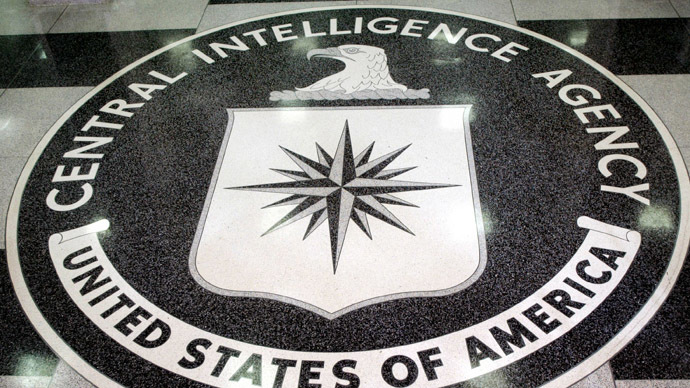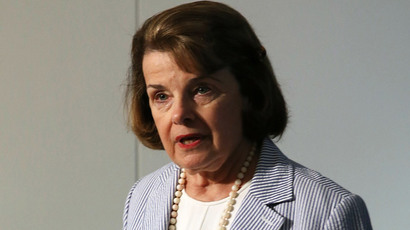Congress alarmed by possible CIA access to confidential whistleblower emails

The CIA obtained a legally protected, confidential email between whistleblower officials and Congress this spring, raising questions over whether the agency illegally has access to other communications regarding whistleblowers, McClatchy reported.
It is unclear how the CIA got hold of the email and other unspecified communications between Daniel Meyer – the intelligence community’s top official for whistleblower cases – and lawmakers, people familiar with the matter told McClatchy.
The email was about allegations that the CIA’s inspector general, David Buckley, failed to properly investigate potential agency retaliation against an official who was cooperating with the Senate Intelligence Committee on an investigationpertaining to the ‘The Company’s’ use of so-called enhanced interrogation techniques during the George W. Bush administration.
In December 2013, Sen. Mark Udall (D-Colo.), who led calls for the swift publication of the report, revealed that the Intelligence Committee had become aware of an internal CIA report, which he said was “consistent with the Intelligence Committee’s report” and “conflicts with the official CIA response to the committee’s report.” The report was not shared with the Committee investigators.
The CIA downplayed the importance of the internal report, calling it a collection of summaries of classified documents rather than an analytical document. But apparently the agency also conducted an investigation into how the existence of the internal review was revealed and eventually alleged that the Committee gained unauthorized access to CIA databases.
The back-and-forth between the agency and the Senate led to an accusation by Sen. Dianne Feinstein (D-Calif.) that the CIA secretly removed classified documents from a computer system used by Congress.
The CIA reportedly retaliated against agency officials who cooperated with the Senate probe by delaying payment of their legal fees. An indemnification agreement required the agency to cover those costs – which it eventually did – as long as the officers weren’t found to have committed any wrongdoing.
According to McClatchy’s sources, Buckley ‒ the same man accused of improperly investigating the retaliation ‒ got hold of the email between Meyer and the office of Sen. Chuck Grassley. The Iowa Republican is a leading whistleblower-protection advocate. Buckley then reportedly approached Meyer’s boss, I. Charles McCullough III, the inspector general for the entire 17-agency U.S. intelligence community. The sources believe this was a violation of the confidentiality of the whistleblowing process.
There could be several explanations of how Buckley obtained Meyer’s email, experts familiar with insider threat monitoring told McClatchy.
“If whistleblower communications with Inspectors General or with Congress are routinely monitored and conveyed to agency leadership, it would defeat the ability to make protected disclosures confidentially, which is especially important in an intelligence community context,” Grassley and Sen Ron Wyden (D-Ore.) wrote in a June 19 letter to Director of National Intelligence James Clapper.
The letter raised concerns over plans to implement a policy of continuous monitoring of security clearance holders, and asked Clapper to make sure any such plan “takes into account the need to ensure the ability of whistleblowers to report waste, fraud, and abuse, including anonymously if they so choose.”
Clapper responded on Friday with a letter of his own, suggesting a need for tighter technical controls to differentiate between whistleblower-related communications and genuine threats of unlawful disclosures of classified materials. He did not elaborate on how, nor did he directly address the Meyer email.
“In the event a protected disclosure by a whistleblower somehow comes to the attention of personnel responsible for monitoring user activity, there is no intention for such disclosures to be reported to agency leadership under an insider threat program,” Clapper wrote.
He also said there are safeguards in place to maintain the confidentiality of whistleblowers.














